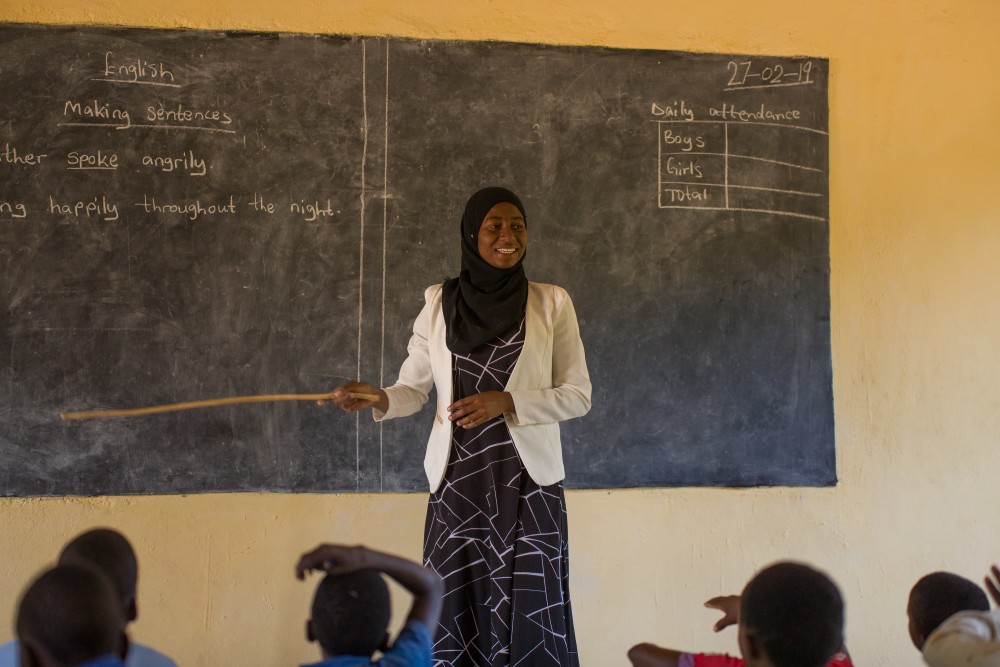Today, thousands of people living around Liwonde are benefitting from education, enterprise initiatives and healthcare; income-generating activities contribute to the livelihoods of more people each year.
This relatively small, yet richly biodiverse, national park has become a benchmark of what is possible when there is a focus on restoration supported by long-term partnerships.
Community Engagement
Positive community engagement is essential in establishing a constituency for conservation amongst communities. When people see and feel the benefits of effective park management and protecting biodiversity, they develop a sense of pride and custodianship for their natural heritage. In Liwonde, this positive engagement is ongoing and the building of strong relationships with the community is a priority for our teams.
An example of this is the installation of grievance boxes in Traditional Authorities (TAs) around the park, allowing community members to communicate directly with park management, so that appropriate support can be given to communities.

Education and Environmental Awareness
During 2022, 4,580 students and 120 adults from local schools visited Liwonde. Scholarships for 105 secondary and tertiary learners were provided, and support continues for two schools. More than 6,000 children visit the park annually to learn the value of wildlife and conservation.
Reading programmes for hundreds of learners are helping to build literacy in communities. The Happy Readers programme has been rolled out to 13 schools in total, showing extremely good results. A “Reading around the Reserve” programme has also been implemented in conjunction with Book Aid International, where over 22,000 books and other materials have been distributed.
Sustainable Enterprise Development
Beekeeping offers opportunities for local entrepreneurship as well as providing an alternative source of income for surrounding communities. With over 600 beehives established, more than 3.1 tonnes of honey were harvested in 2022.
A sustainable resource use programme in Mangochi Forest Reserve helps communities monitor and regulate harvesting of dead and fallen trees for firewood, as well as other natural resources in the reserve.
Several tree nurseries have been established to propagate trees to reduce pressure on natural vegetation. Approximately 30,000 seedlings were produced in the first year. To date, nine tonnes of chillies have been harvested through the Spicy Farmers project. The project has provided the added benefit of the 'chilli elephant barrier' which has drastically reduced elephant breakouts and crop destruction.
